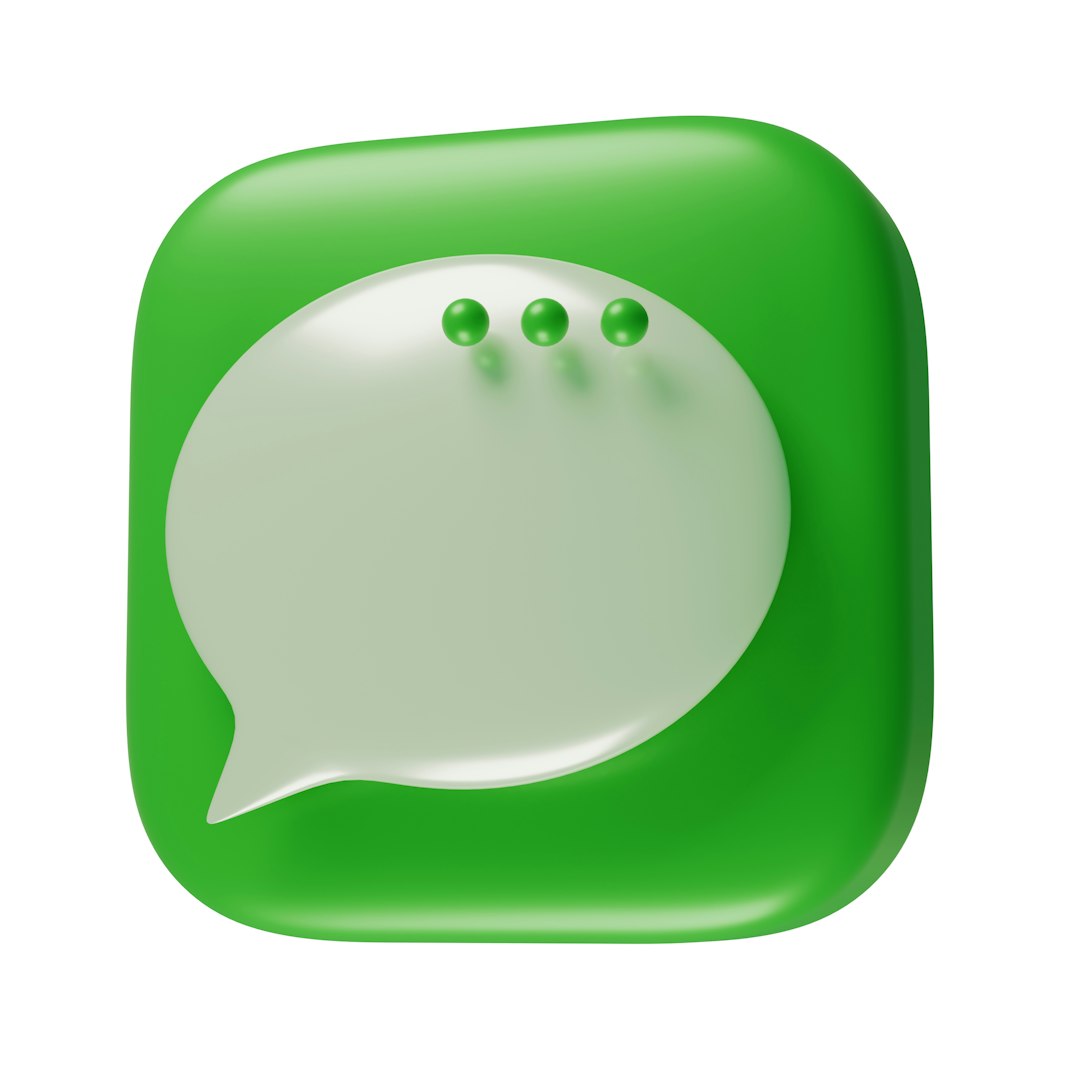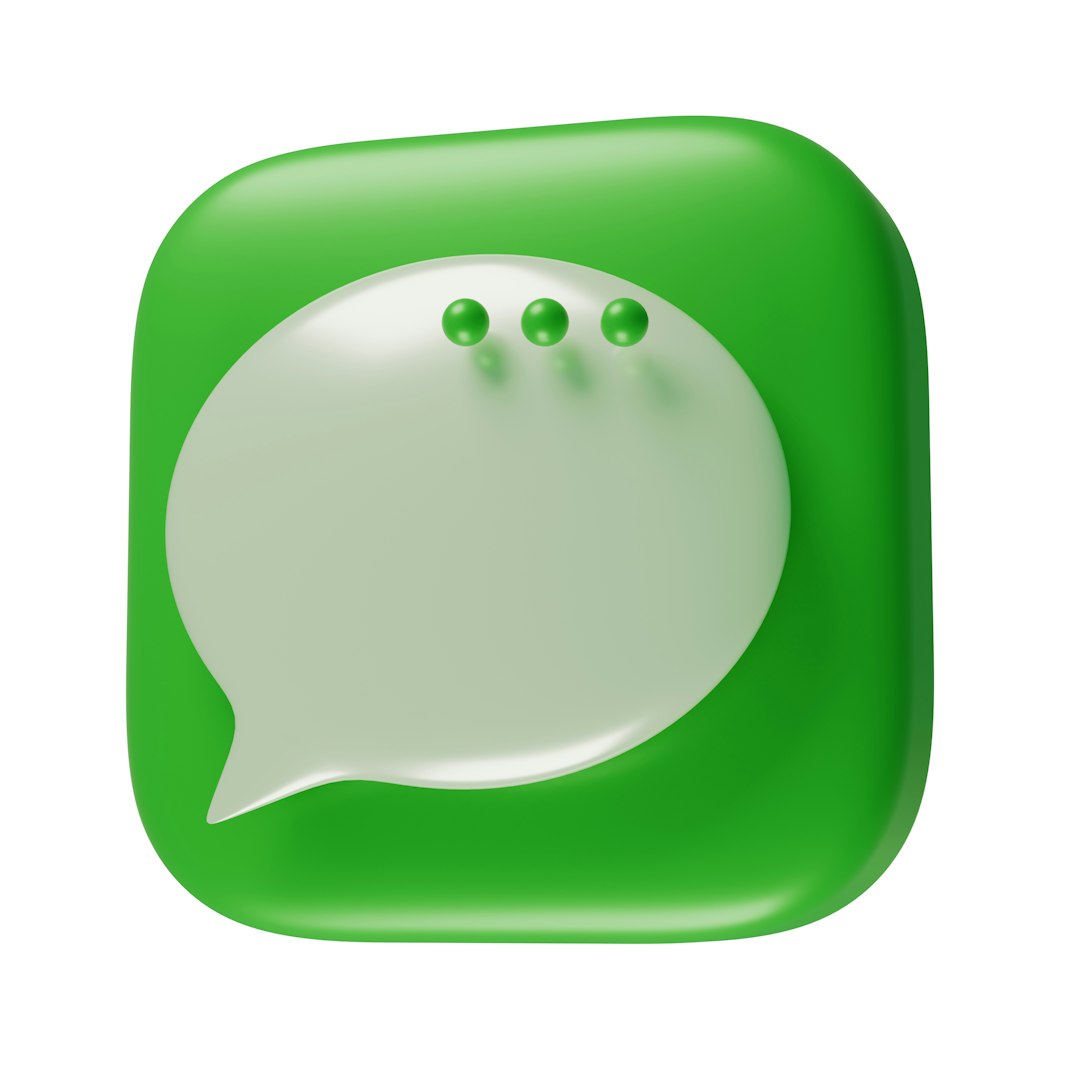
Most of us have found ourselves in conversations where someone shares a little too much personal information. Perhaps a friend dives into a graphic description of their latest illness, or a coworker discloses intimate details about their relationship. In situations like these, you might hear someone interject with, “TMI!” But what exactly does TMI mean, and when should you use it?
What Does TMI Stand For?
TMI is an acronym for Too Much Information. It’s commonly used in both spoken and written English, especially in casual conversations and on social media platforms. The phrase serves as a humorous or polite indicator that someone is oversharing — offering more details than the listener would like to hear.
It gained popularity in the early 2000s, and thanks to memes, tweets, and text culture, it has cemented its place in modern slang. While it originally served a humorous or sarcastic purpose, TMI has become a socially accepted way to navigate sensitive or graphic disclosures that might make others uncomfortable.
When to Use TMI in a Conversation
Understanding when and how to use TMI can help you navigate social and professional interactions with tact. There’s an art to pointing out oversharing — you want to acknowledge discomfort without shaming the speaker.
Here are common situations where using TMI might be appropriate:
- Personal Health Details: If someone is describing their recent surgery or digestive issues in graphic detail.
- Romantic or Sexual Info: When a friend shares explicit stories from their date or bedroom.
- Family Drama: If someone goes in-depth about private arguments or issues involving other people.
- Financial Disclosures: Talking openly about income, debts, or extravagant purchases can be seen as oversharing in some circles.
Of course, not every in-depth discussion requires a TMI response. It’s important to consider your relationship with the person and the context before using it. Among close friends, TMI can be said jokingly. In professional settings, however, it might be better to steer the topic gently rather than calling it out bluntly.
How to Respond to TMI Moments
People deal with TMI scenarios differently depending on their personality and the nature of the conversation. Here are some respectful and humorous ways you can address it when someone starts veering into TMI territory:
- “Wow, okay, that might be a bit too much info for me!”
- “TMI alert!”
- “I’m gonna need a minute to recover from that mental image.”
- “I wasn’t ready for that level of detail, but thanks?”
These types of reactions can signal to the other person that they’ve crossed a line without causing offense. Balancing honesty and sensitivity is key.
Some people, especially close friends, might intentionally share too much as a form of humor. In these cases, jokingly calling out, “TMI!” becomes a part of your shared communication style.
When You Might Be the One Oversharing
We’re all guilty of oversharing from time to time. Maybe you were excited to share a story or didn’t realize how detailed you were getting. If someone tells you, “TMI!”, don’t take it personally. It’s usually said in jest and is less about judgment and more about shared social boundaries.
Here are a few signals that you might be saying too much:
- The listener’s facial expression quickly changes to discomfort or awkwardness.
- They try to change the subject or redirect the conversation.
- Someone outright says, “TMI!”
When that happens, it’s a good idea to acknowledge it with a laugh and shift the topic. For example, you can say something like, “Oh wow — guess I gave way too much detail!” This shows you’re socially aware and ready to move on.

Variations and Internet Usage of TMI
On the internet, “TMI” goes beyond describing awkward conversations. It often accompanies social media posts that reveal personal habits, opinions, or experiences that perhaps should’ve stayed private. For example, a tweet about someone’s bathroom experience might be met with a barrage of “TMI!” replies.
On platforms like Reddit, people will sometimes begin posts or comments with “TMI warning!” to prepare readers for graphic or sensitive content. This has evolved into a courtesy among users who want to share something personal while giving others the option to skip it.
Not only does this type of content highlight TMI in practice, but it also shows how language and etiquette evolve in digital spaces. Including a “TMI warning” is a respectful way of saying, “This story might not be for everyone.”
Funny Examples of TMI in Everyday Life
To better understand how TMI is used, let’s explore a few humorous scenarios where the term naturally fits:
- At Lunch: A coworker describing their recent dental surgery in extreme detail while you’re mid-bite. “Umm… TMI!”
- Group Chat: A friend texts a step-by-step account of their hangover remedies after a wild night. “TMI, but I’ll try that tip!”
- During a Date: Someone dives into their ex’s psychological issues. “That… might be TMI for a first coffee.”
These examples highlight how TMI can be lighthearted and relatable, providing comic relief or helping to recalibrate a conversation gone a little too far.

TMI Compared to Other Popular Slang
In the digital age, TMI is just one of many acronyms people use to keep communication short and expressive. Here are a few that work in a similar space:
- OMG: Oh My God. Used to express surprise, shock, or disbelief.
- LOL: Laugh Out Loud. A response to something funny, even ironically.
- IDC: I Don’t Care. Often used to shut down a topic or downplay importance.
- BRB: Be Right Back. Common in chats or texts to signify a quick break.
What sets TMI apart is its very specific role — it’s less about reacting to humor or shock and more about marking boundaries around personal or graphic details. That makes it a powerful (and often hilarious) tool in your communication toolkit.
In Summary: Use TMI with Confidence
TMI (Too Much Information) helps us navigate those funny, awkward, and sometimes cringeworthy moments when people share more than we need—or want—to know. Whether you’re calling it out in a conversation, warning others on social media, or realizing you might’ve overshared yourself, TMI is a versatile phrase that blends humor with social awareness.
Just remember:
- Use it gently to avoid offending someone.
- Look for context — close friends may appreciate it more than new acquaintances.
- Don’t be afraid to laugh it off when the TMI tag is aimed at you.
Language is always evolving, and TMI is one of those acronyms that captures how we set boundaries while still having fun. So the next time someone starts describing their ingrown toenail over lunch, just smile and say, “TMI!”






